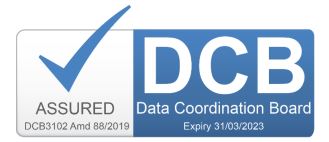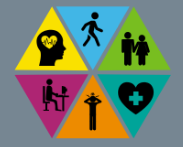
Cancer Quality of Life Survey
Tell us about your quality of life
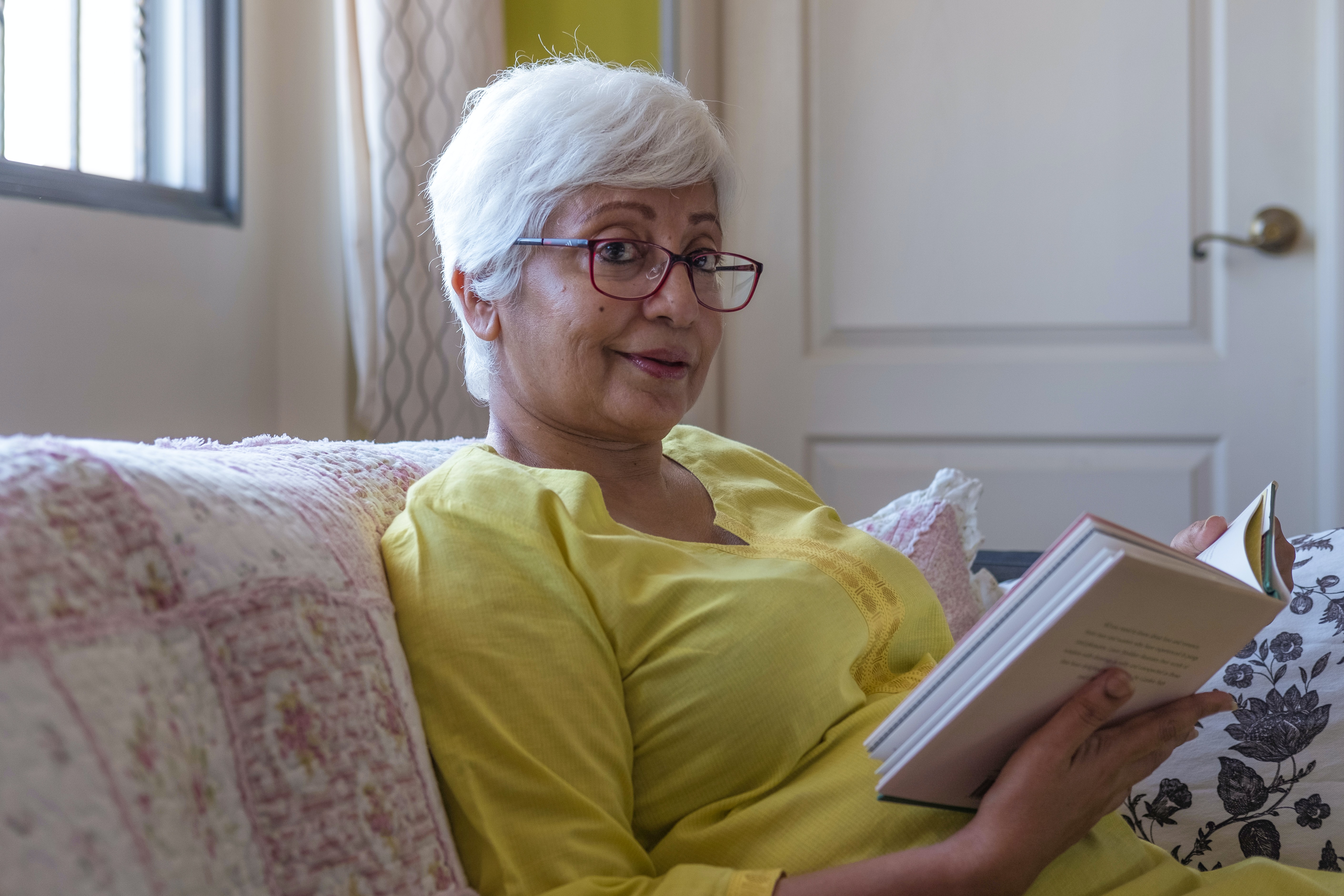 Photo by BBH Singapore on Unsplash
Photo by BBH Singapore on Unsplash
 Photo by Phil Coffman on Unsplash
Photo by Phil Coffman on Unsplash
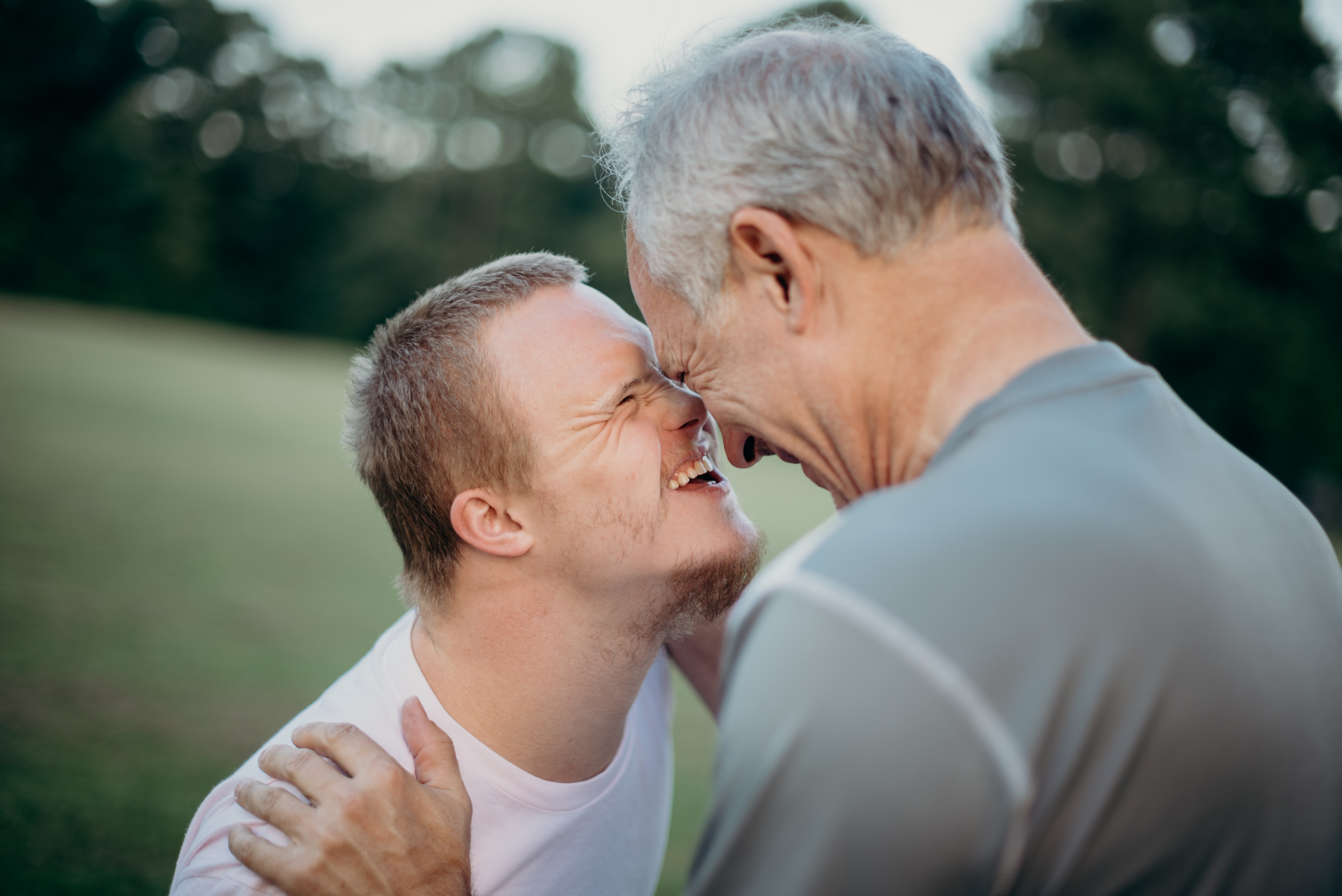 Photo by Nathan Anderson on Unsplash
Photo by Nathan Anderson on Unsplash
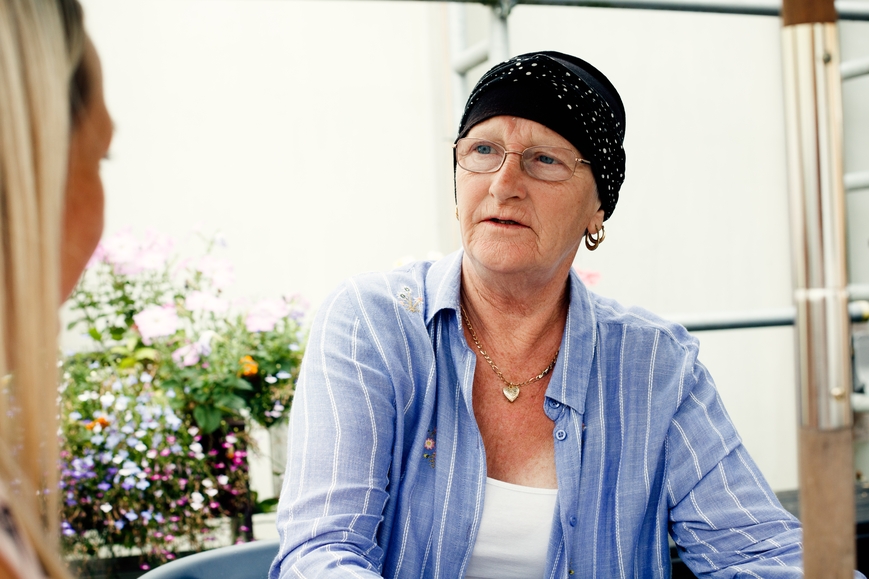
 Photo by Trung Thanh on Unsplash
Photo by Trung Thanh on Unsplash
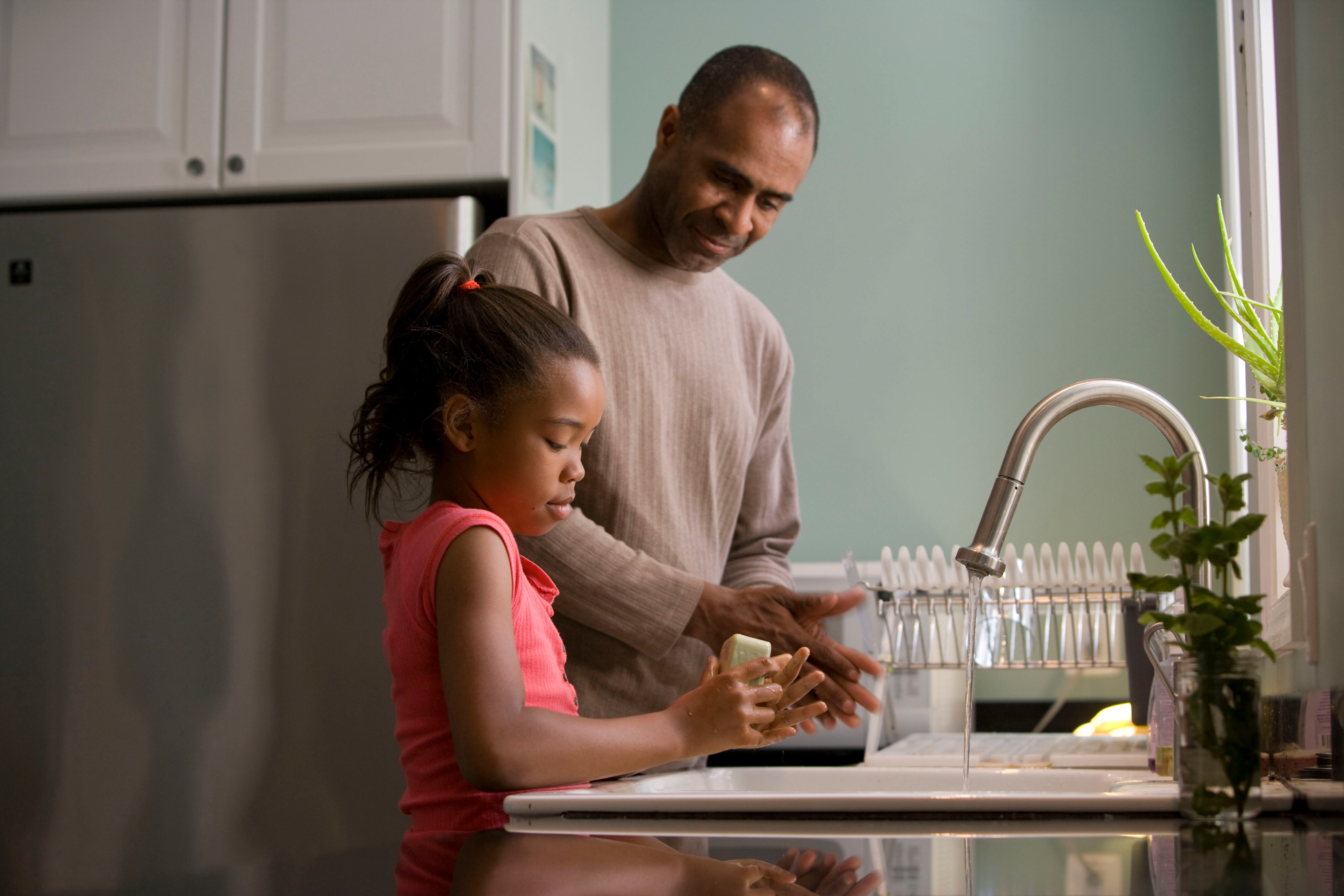 Photo by CDC on Unsplash
Photo by CDC on Unsplash
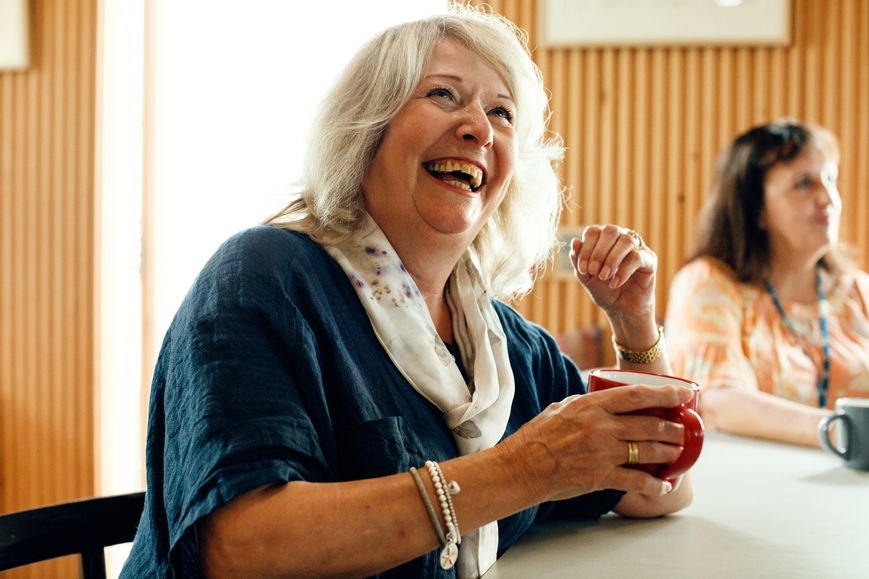
 Photo by Priscilla Du Preez on Unsplash
Photo by Priscilla Du Preez on Unsplash
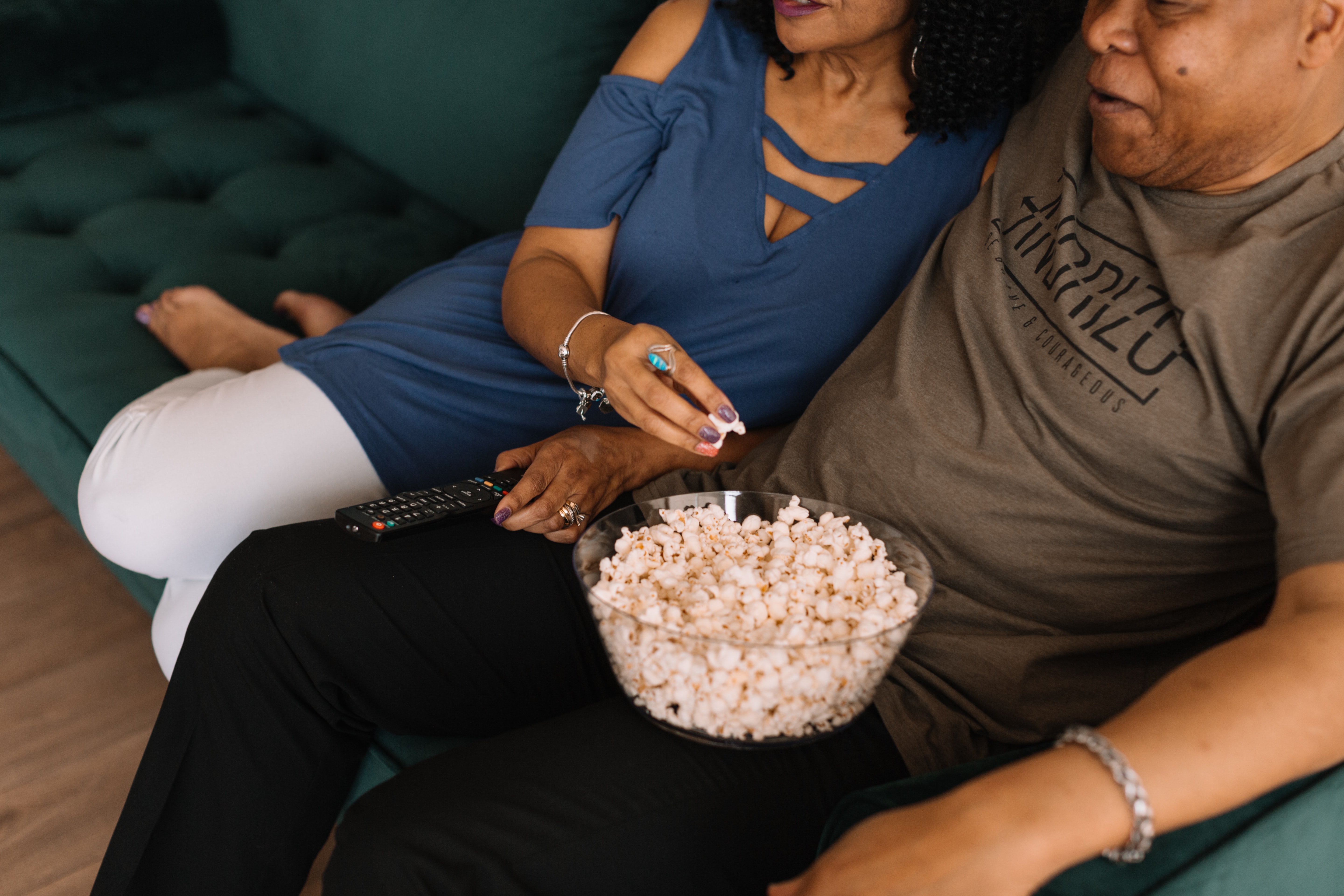 Photo by Phillip Goldsberry on Unsplash
Photo by Phillip Goldsberry on Unsplash
 Photo by Nonresident on Unsplash
Photo by Nonresident on Unsplash
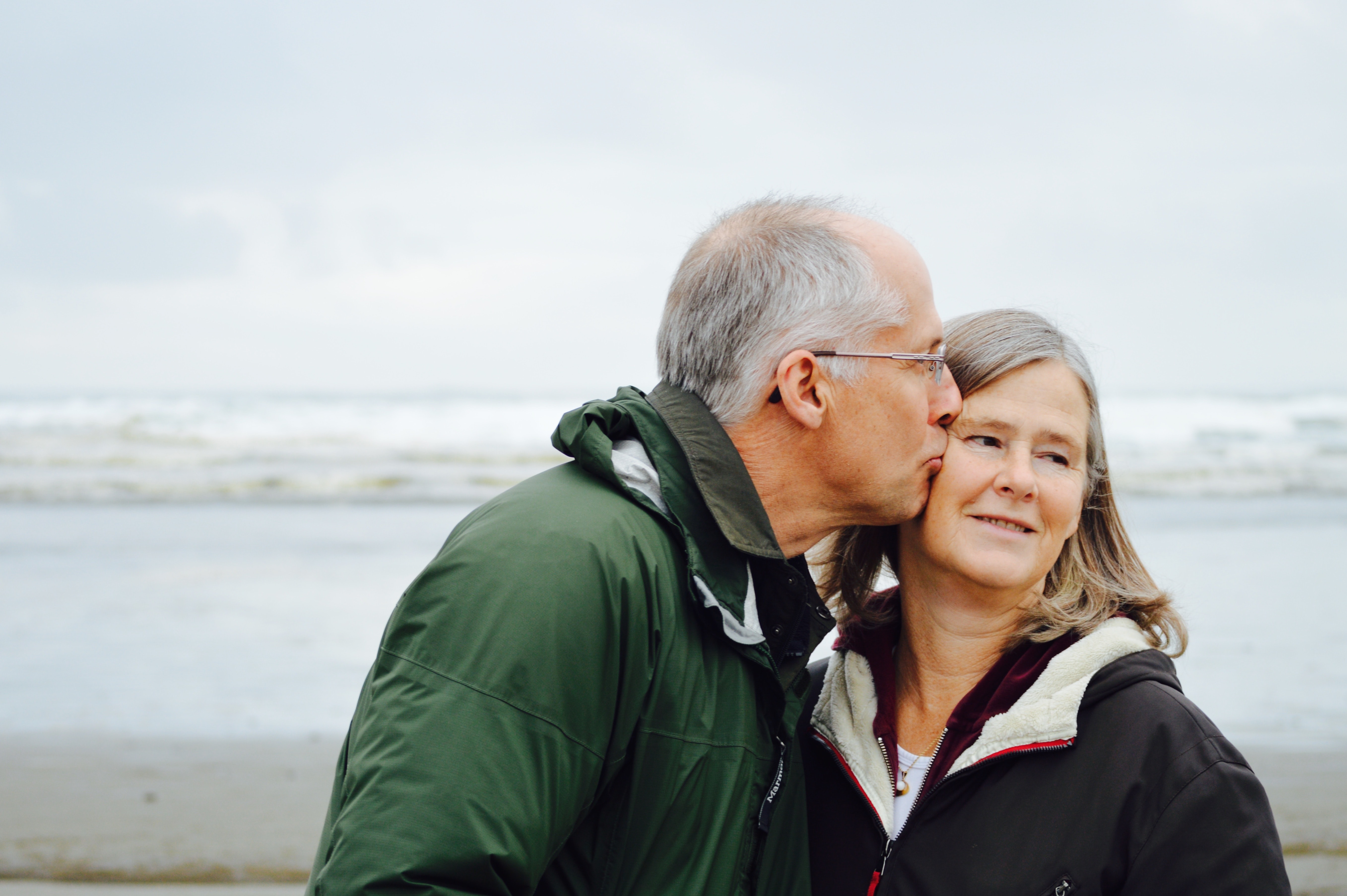 Photo by Esther Ann on Unsplash
Photo by Esther Ann on Unsplash
 Photo by Shane Rounce on Unsplash
Photo by Shane Rounce on Unsplash
 Photo by Alex Robinson on Unsplash
Photo by Alex Robinson on Unsplash
 Photo by Jaddy Liu on Unsplash
Photo by Jaddy Liu on Unsplash
